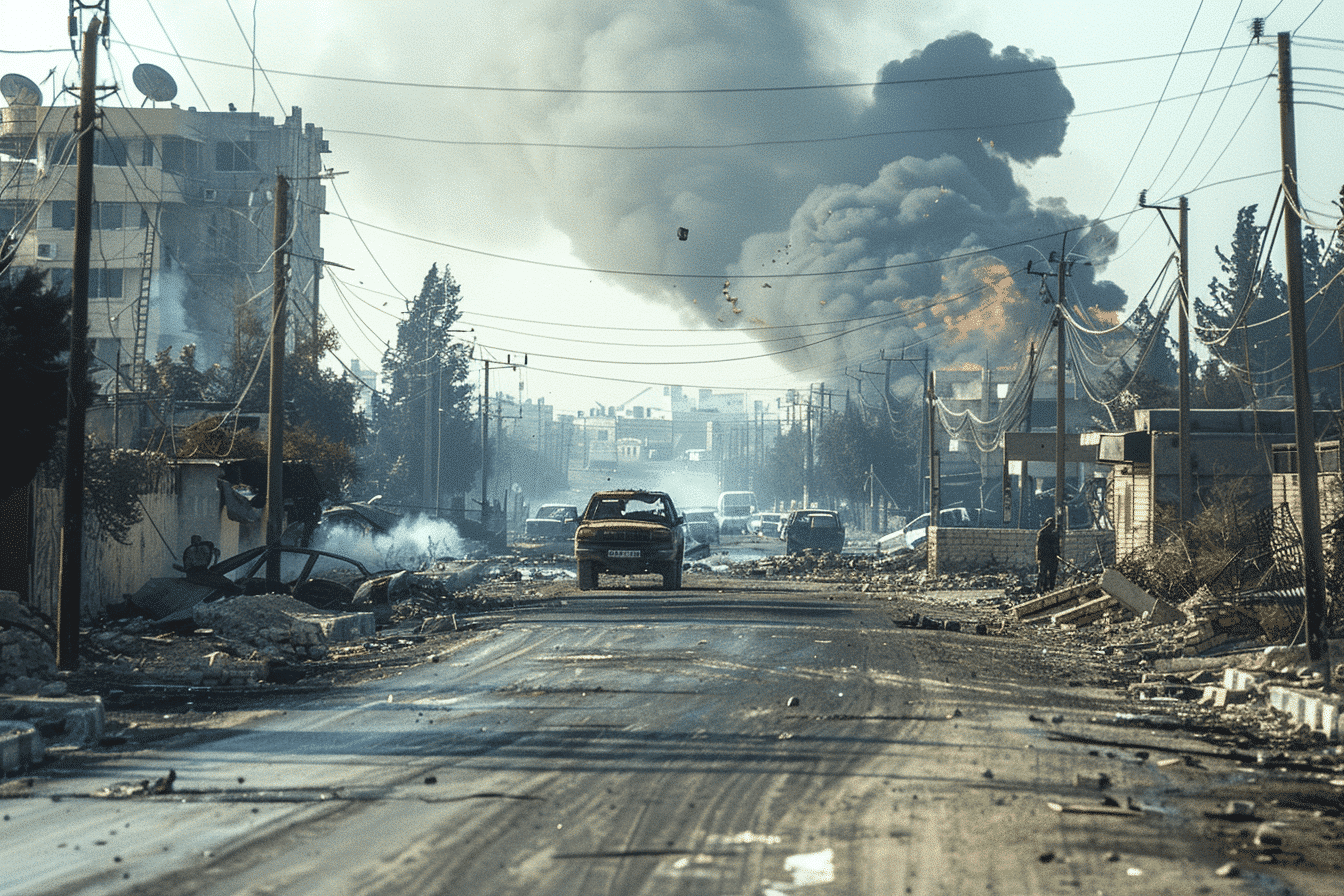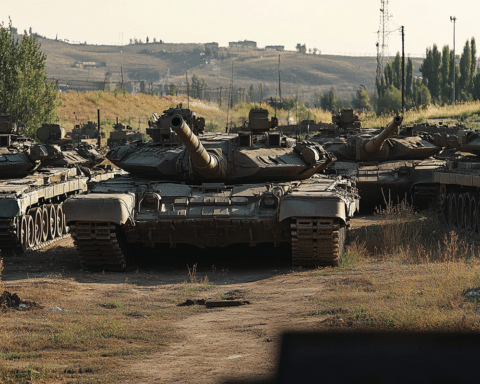Amid escalating conflicts, the reopening of the Kerem Shalom crossing into Gaza by the Israeli military was announced. Yet, contrasting reports from the United Nations indicate a stark absence of aid delivery, raising concerns about the dire humanitarian situation. With the Kerem Shalom and Rafah crossings being pivotal for the influx of essential supplies into Gaza, their operational status is crucial for the survival of over two million Palestinians residing in the area.
Crossing Conflicts and Consequences
Kerem Shalom’s Operational Challenges
Despite the Israeli military’s assertion that the Kerem Shalom crossing has been reopened, the United Nations has reported that no humanitarian aid has managed to enter Gaza, as Palestinian workers are unable to receive the assistance due to displacement caused by recent military actions. “The crossing is technically open, but the absence of workers to manage the aid highlights the severe disruptions caused by the conflict,” said a UN spokesperson.
Rafah’s Strategic Seizure
The situation worsened after an Israeli tank brigade took control of the Rafah crossing, which is essential for food and medicine delivery. This move followed a rocket attack by Hamas that resulted in casualties among Israeli soldiers. The control over Rafah has significant implications, not only for aid delivery but also for the mobility of Gaza’s residents, many of whom depend on this crossing for medical and other critical needs.
Diplomatic Stalemate and Humanitarian Impacts
Ceasefire Efforts Amidst Rising Tensions
As the humanitarian crisis intensifies, diplomatic efforts spearheaded by the United States, Egypt, and Qatar aim to broker a ceasefire and facilitate the release of hostages held by Hamas. CIA chief William Burns’s discussions with Israeli Prime Minister Benjamin Netanyahu reflect the high stakes involved and the urgency of resolving to prevent further escalation.
Humanitarian Agencies Under Strain
The United Nations and other aid organizations face mounting challenges as they struggle to navigate the complexities of delivering assistance amidst the chaos. Carl Skau of the World Food Program expressed significant concerns about access to necessary resources, stating, “We are apprehensive about the potential looting of aid supplies, further complicating an already critical situation.”
Implications for the Future of Gaza
Long-term Concerns
The prolonged instability and control over Gaza’s crossings raise alarming questions about the region’s future sustainability and the well-being of its inhabitants. Juliette Touma of UNRWA highlighted the dire circumstances, mentioning the need to ration fuel, which is crucial for the operation of hospitals and other essential services in Gaza. The ongoing conflict has displaced a substantial portion of the population, exacerbating the humanitarian disaster.
The reopening of the Kerem Shalom crossing by Israel marks a complex phase in the ongoing conflict, where the availability of aid and the functionality of critical crossings are pivotal for the survival of Gaza’s residents. Despite the efforts to stabilize the region, the discrepancies in reports and the severe impact on humanitarian operations underscore the urgent need for coordinated international action to address the escalating crisis and support those in dire need.




